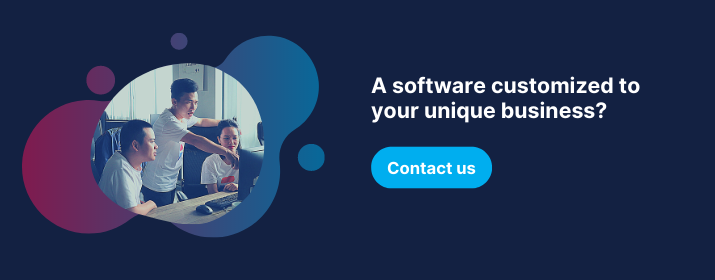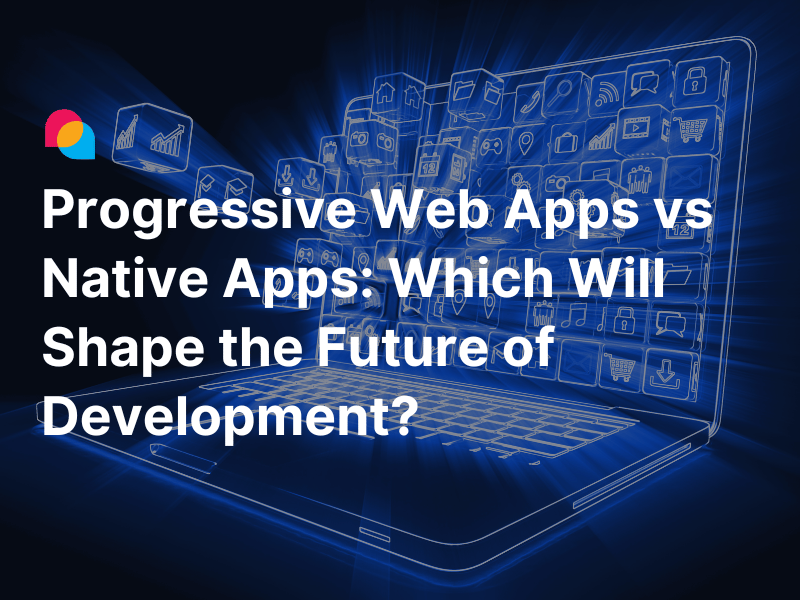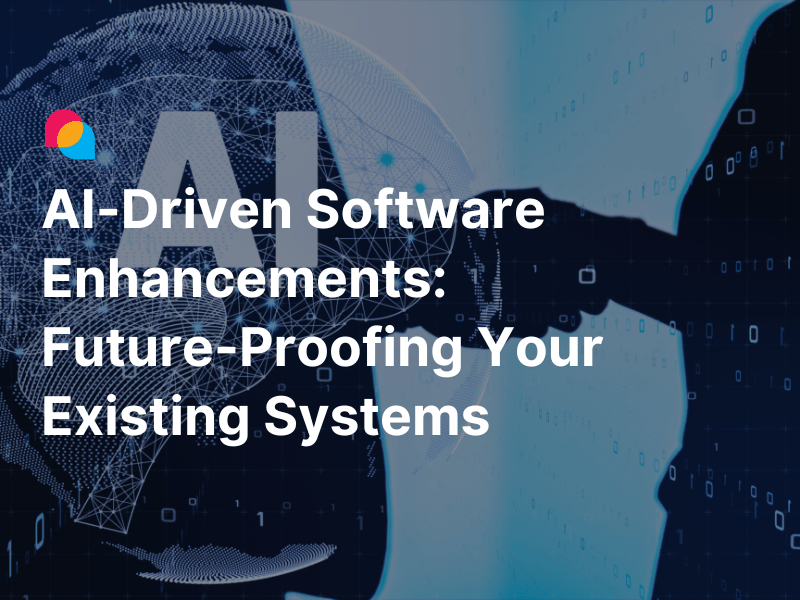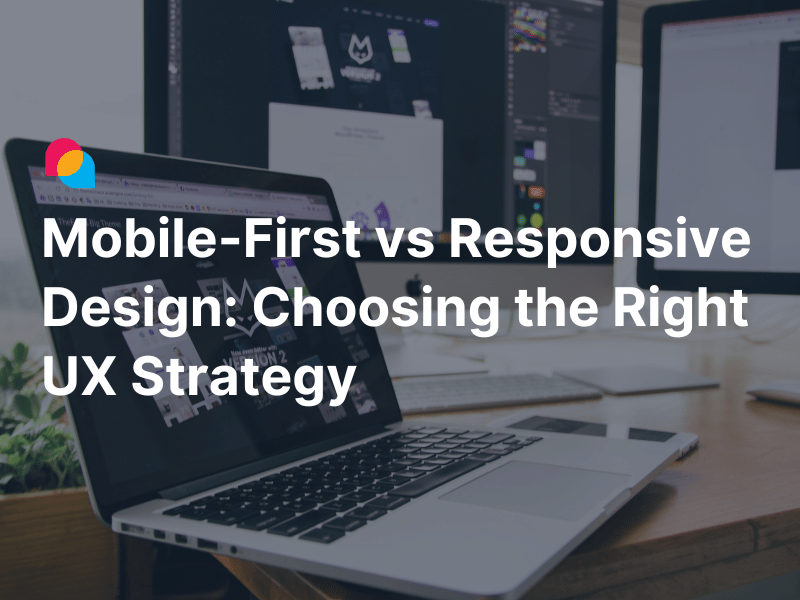The rapid evolution of technology has ushered in an era where software delivery demands speed, accuracy, and efficiency. Amid this landscape, AI-powered DevOps has emerged as a transformative approach, blending the precision of artificial intelligence with the agility of DevOps practices.
What is AI-Powered DevOps?
AI-powered DevOps combines artificial intelligence (AI) technologies with traditional DevOps methodologies to streamline software development and deployment processes. At its core, this approach leverages AI algorithms and machine learning models to automate repetitive tasks, predict potential issues, and optimize workflows.
Traditional DevOps practices emphasize collaboration between development and operations teams to accelerate delivery cycles. AI enhances these practices by introducing data-driven decision-making, enabling teams to anticipate challenges and implement solutions proactively. For instance, machine learning algorithms analyze vast datasets from CI/CD pipelines, identifying patterns and recommending optimizations that manual inspections might miss.
In today’s software-driven world, AI-powered DevOps is becoming indispensable. According to a 2023 report by Gartner, organizations leveraging AI in DevOps saw a 40% reduction in deployment errors and a 30% increase in deployment speed. This efficiency is particularly critical as businesses strive to remain competitive in an increasingly digital-first economy.
Why AI-Powered DevOps is a Game-Changer
Despite its benefits, traditional DevOps workflows often encounter significant challenges. Manual intervention in code reviews, resource allocation, and incident management can lead to bottlenecks, increased downtime, and decreased productivity. AI addresses these pain points by automating tedious tasks and providing actionable insights that enhance team efficiency.
For example, AI-powered tools like Ansible and Puppet automate configuration management, reducing the likelihood of human error. Additionally, intelligent systems monitor application performance in real-time, flagging anomalies before they escalate into critical issues.
The demand for intelligent automation in software development is undeniable. A 2024 survey by Forrester revealed that 72% of IT leaders are prioritizing AI integration into their DevOps pipelines, citing improved operational efficiency as a primary driver. AI-powered DevOps not only accelerates delivery cycles but also fosters innovation by freeing up teams to focus on strategic initiatives.
The Core Benefits of AI-Powered DevOps
Accelerating Deployment Cycles with AI-Powered DevOps
In traditional DevOps workflows, deployment cycles often face delays due to manual testing, configuration errors, or misaligned team efforts. AI-powered DevOps eliminates these hurdles by automating the testing and deployment process.
AI algorithms quickly identify and resolve bottlenecks in CI/CD pipelines, ensuring seamless code integration and delivery. Tools like Jenkins and GitLab now incorporate AI-driven insights to predict build failures and suggest corrective actions. This proactive approach significantly reduces downtime, enabling faster time-to-market.
A case study from Netflix highlights how AI-powered automation helped the company reduce its release cycle from weeks to mere hours, ensuring a continuous flow of updates to its platform. Such success stories emphasize the transformative potential of AI in DevOps.
Enhancing Code Quality with AI-Driven Insights
Code quality is a cornerstone of successful software delivery, and AI-powered DevOps excels in ensuring high standards. AI-powered tools, such as DeepCode and SonarQube, analyze codebases for vulnerabilities, inefficiencies, and bugs.
Machine learning models also predict potential risks based on historical data, allowing teams to address issues before they impact deployment. For instance, Microsoft’s use of AI in its Azure DevOps platform resulted in a 30% reduction in post-deployment bugs, enhancing user satisfaction and trust.
By incorporating AI-driven insights into code reviews, organizations can maintain a robust development pipeline that prioritizes quality and security.
AI-Powered DevOps in Practice
Automating Monitoring and Incident Management
Monitoring and incident management are critical components of any DevOps strategy. AI-powered DevOps takes these processes to the next level by enabling proactive monitoring and intelligent incident response systems.
AI algorithms continuously monitor application performance, analyzing metrics to identify unusual patterns or anomalies. Tools like Dynatrace and New Relic leverage AI to detect potential issues before they escalate, reducing downtime and improving reliability.
When incidents occur, AI-driven systems prioritize and respond to them based on severity. For instance, PagerDuty’s AI-powered incident response tool significantly reduces mean time to recovery (MTTR) by automating alert triaging and providing actionable recommendations. According to a study by IDC, organizations using AI in incident management reported a 45% improvement in incident resolution times.
Optimizing Resource Allocation with Predictive Analytics
Efficient resource allocation is vital for maintaining cost-effectiveness in software delivery. AI-powered DevOps employs predictive analytics to forecast workload demands and optimize resource usage dynamically.
For example, AWS and Google Cloud use AI algorithms to analyze historical data and predict traffic spikes, allowing automatic scaling of resources. This ensures that applications remain responsive during peak usage periods without incurring unnecessary costs during downtime.
A prominent example is Spotify’s use of AI to optimize its cloud infrastructure, which resulted in a 25% reduction in operational costs while maintaining seamless user experiences.
Improving Collaboration Through Intelligent Tools
Collaboration is the backbone of successful DevOps, and AI enhances this aspect by providing intelligent tools that streamline communication and workflows. AI-powered platforms like Slack and Microsoft Teams now integrate machine learning to suggest relevant documents, prioritize tasks, and facilitate real-time collaboration.
Additionally, AI bridges gaps between development, operations, and QA teams by harmonizing workflows. For instance, Atlassian’s Jira uses AI to automatically assign tasks, predict completion times, and highlight dependencies, fostering greater alignment across teams.

Key AI Technologies Driving DevOps
The Power of Machine Learning in DevOps Pipelines
Machine learning is the engine behind many AI-powered DevOps advancements. From process optimization to predictive maintenance, ML algorithms have a profound impact on software delivery.
In DevOps pipelines, machine learning models analyze build and deployment logs to identify inefficiencies. For example, Google’s AI research team developed models that predict build failures with over 90% accuracy, enabling teams to address issues early in the process.
Such use cases demonstrate how ML can enhance DevOps practices by making them more data-driven and efficient.
Natural Language Processing (NLP) for Efficient Communication
Natural Language Processing (NLP) is another key technology reshaping DevOps workflows. NLP enables AI tools to understand and process human language, making interactions more intuitive and efficient.
In ticket management, platforms like Zendesk and ServiceNow use NLP to categorize and prioritize support tickets automatically. Similarly, AI-powered chatbots use NLP to provide instant answers to common queries, reducing the workload for DevOps teams.
Leveraging AI-Powered Chatbots for DevOps Support
AI-powered chatbots are becoming indispensable in DevOps environments. These intelligent bots assist teams by providing instant solutions, guiding workflows, and even automating routine tasks.
For example, IBM Watson’s chatbot integrates with DevOps tools to offer real-time recommendations and automate documentation processes. Companies that have adopted such solutions report improved productivity and reduced response times.
The Future of AI-Powered DevOps
Emerging Trends in Intelligent Automation
The future of DevOps lies in predictive capabilities and intelligent automation. AI-powered DevOps is evolving to include predictive DevOps, where algorithms anticipate potential bottlenecks and provide solutions before they occur.
Emerging trends also include AI-driven governance, ensuring compliance with industry standards and regulations. Tools like Harness and CloudBees are pioneering this space by offering automated compliance checks integrated into DevOps workflows.
Overcoming Barriers to Adoption
Despite its advantages, the adoption of AI-powered DevOps is not without challenges. Common barriers include the complexity of integrating AI tools, resistance to change within teams, and concerns over data security.
To overcome these issues, organizations must adopt a phased implementation strategy. Providing training, starting with pilot projects, and collaborating with AI specialists can ease the transition. Additionally, emphasizing the tangible benefits of AI-powered DevOps; such as faster deployment cycles and improved quality; can help secure buy-in from stakeholders.
Conclusion
How to Begin Your AI-Powered DevOps Journey
Starting your journey with AI-powered DevOps requires careful planning and the right tools. Begin by identifying repetitive tasks that can benefit from automation, such as code reviews, testing, or monitoring. Invest in AI-powered platforms like AWS DevOps Guru, Azure DevOps, or GitHub Copilot to streamline these processes.
Organizations should also foster a culture of innovation, encouraging teams to experiment with AI-driven tools and embrace change. Partnering with vendors or consultants experienced in AI-powered DevOps can accelerate implementation and ensure success.
Final Thoughts on AI-Powered DevOps
AI-powered DevOps represents the future of software delivery, offering unparalleled efficiency, quality, and agility. By integrating AI into DevOps workflows, organizations can unlock new levels of productivity and innovation, staying ahead in a competitive digital landscape.
As we transition to an era dominated by intelligent automation, businesses that embrace AI-powered DevOps today will set themselves apart as pioneers tomorrow.
References:
“How Platform Engineering Teams Can Augment DevOps With AI”, Gartner, 2024
“DevOps 2030: People, Practices, And Platforms”, Forrester, 2022
“Generative AI Drives Significant Impact to IT Operations in Asia/Pacific, According to IDC”, IDC, 2023





